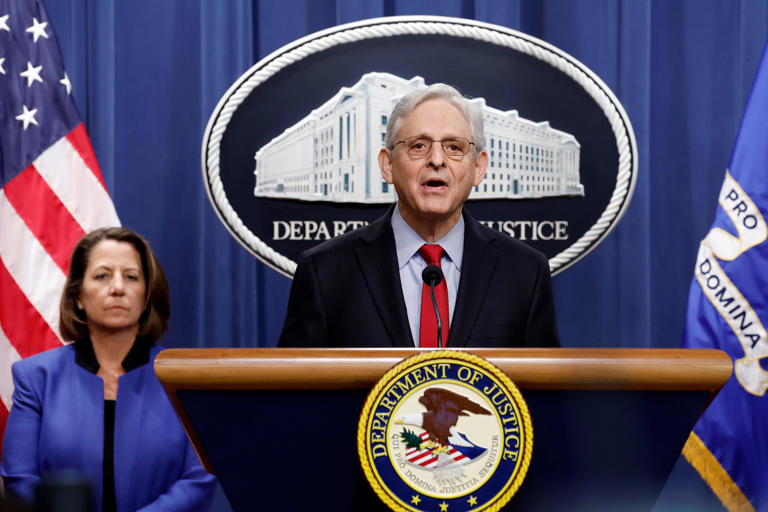The Justice Department’s COVID-19 Enforcement Task Force has been relentless in its pursuit of justice, charging over 3,500 individuals with federal crimes and recovering a staggering $1.4 billion in misappropriated pandemic funds over the past three years. This formidable effort, coupled with the resolution of more than 400 civil settlements and judgments, underscores the government’s commitment to combating fraud and safeguarding taxpayer dollars.
In response to these ongoing challenges, White House officials and lawmakers are advocating for legislative measures aimed at bolstering anti-fraud enforcement efforts. Attorney General Merrick Garland reaffirmed the department’s dedication to prosecuting pandemic relief fraud and recovering stolen assets, emphasizing the imperative of continued vigilance in safeguarding public resources.
Several high-profile cases exemplify the breadth and audacity of pandemic-related fraud schemes uncovered by investigative authorities. These include instances of embezzlement from programs designed to provide meals for children, fraudulent billing practices related to vaccination campaigns, and the exploitation of government contracts for personal gain. Such egregious abuses highlight the urgent need for enhanced oversight and accountability measures.
In light of these developments, Democratic senators and administration officials are advocating for comprehensive legislation to fortify the government’s ability to combat COVID-19-related fraud effectively. Proposed measures include increasing funding for prosecution teams, raising penalties for civil fraud cases, and allocating resources to support investigative efforts by agencies such as the Small Business Administration and the Department of Labor.
Key provisions of the proposed legislation aim to address critical gaps in the existing legal framework, such as extending the statute of limitations on pandemic-related fraud cases and implementing a Social Security number verification system to mitigate identity theft. By strengthening enforcement mechanisms and providing essential resources, policymakers seek to empower law enforcement agencies to root out fraud, hold perpetrators accountable, and safeguard the integrity of relief programs.
Looking ahead, sustained investment in anti-fraud initiatives will be crucial to confronting the evolving threat landscape and safeguarding public trust in government assistance programs. By marshaling resources, enhancing collaboration between federal agencies, and enacting robust legislative reforms, policymakers can effectively combat pandemic-related fraud and uphold the integrity of relief efforts for the benefit of all Americans.
